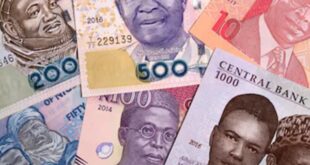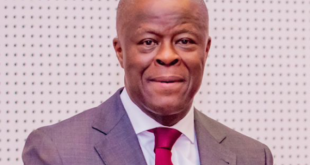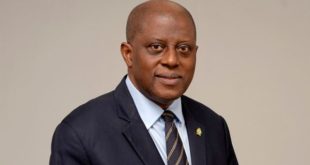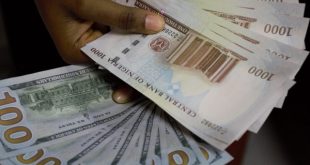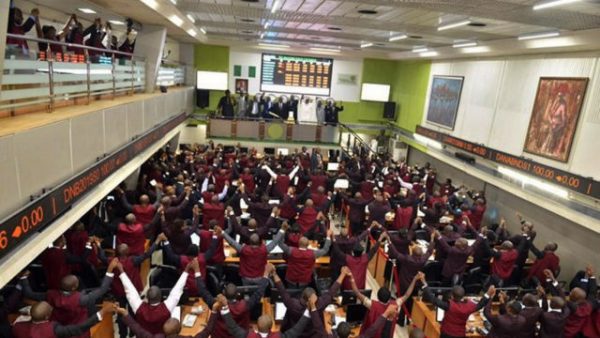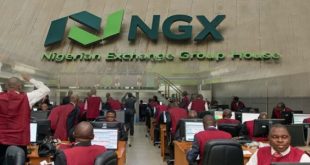
Govt not subsidising petrol at current prices’
J.P. Morgan says Nigeria’s headline inflation will continue to trend upwards as policy reforms “feed through” and that it could reach 28 per cent by the end of the year.

The American leading investment bank states in its market research document on the Nigerian economy titled, ‘Reform pause rather than fatigue. The report was released at the weekend.
It notes that the July high inflation reading is an early evidence of the impact of the fiscal and foreign exchange (FX) reforms, which will continue to push up the headline inflation in the coming months.

“Higher parallel market rates in recent weeks are likely to have an impact on August’s inflation reading and will be most noticeable in higher food and core prices,” the bank says.
The organisation thinks it is time the Central Bank of Nigeria (CBN) focused on other liquidity tools and maintained the current monetary policy rate (MPR) at 18.75 per cent for the rest of the year.
The rate-fixing arm of the CBN, Monetary Policy Committee (MPC), raised the benchmark interest rate in its last meeting by 25 basis points (bps), giving an indication that the aggressive tightening might be winding down.
J.P. Morgan says the government has demonstrated commitment to economic reforms even though there seems to be pace in the progress made since the inception of the current administration.
But it stresses that the pace of the reforms relating to fiscal adjustments and the FX market could be slow given the significant inflationary pressure on the economy.
The report points to concerns that the era of subsidy payment may return with the government’s intention to freeze the price of fuel at its current level. It, however, argues that the government is currently not subsidising the products.
“While we think the FX market could benefit from better price discovery, we do not interpret the freeze on petrol prices as a reversal of the subsidy reform for now. This is because we estimate that at current average retail prices (N615/litre) and crude oil prices ($85/barrel), the authorities are not currently subsidising petrol,” the report explains.
It reviews the recent ministerial appointments and notes that there are suggestions of “a continuation of the previous administration’s approach when the President appointed himself as the Minister of Petroleum and Gas Resources”.
The report dwells extensively on the FX reforms and what the CBN should do to attract foreign capital to clear the backlog. According to the bank, high debt-servicing needs and relatively lower net FX positions make it imperative to continue on the reform path to attract FX flows.
It is worried that the country has a high Eurobond debt-servicing needs with maturities starting from 2025. Public and privately-guaranteed debt services over the next few years, according to the research findings, are over $2 billion.
It notes that the lower FX reserves reduce the willingness to introduce a flexible exchange rate regime in near-term.
 MMS PLUS NG – Maritime, Aviation, Business, Oil and Gas News Online Newspaper with coverage in Maritime, Oil and Gas, Aviation, Power and Energy as well as Financial News
MMS PLUS NG – Maritime, Aviation, Business, Oil and Gas News Online Newspaper with coverage in Maritime, Oil and Gas, Aviation, Power and Energy as well as Financial News



